Filter by
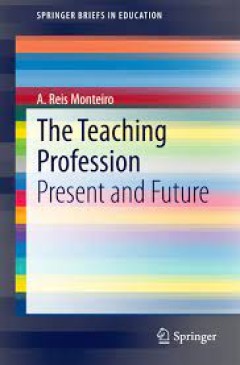
The Teaching Profession Present and Future
This volume contributes to debates about the teaching profession by reviewing international and national reports on its status, as well as on reforms of various education systems. It proposes a global approach to the quality of the teaching profession as a decisive ingredient of education quality, including a conception of its identity and a vision of its future. Moreover, it is suggested that …
- Edition
- -
- ISBN/ISSN
- 978-3-319-12130-7
- Collation
- -
- Series Title
- -
- Call Number
- -
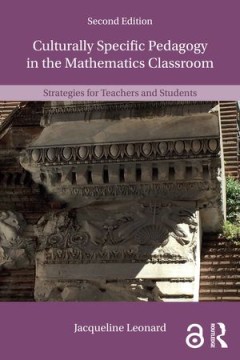
Culturally Specific Pedagogy in the Mathematics Classroom : Strategies for Te…
Advocating for the use of culturally specific pedagogy to enhance the mathematics instruction of diverse students, this revised second edition offers a wide variety of conceptual and curricular resources for teaching mathematics in a way that combats and confronts the forms of oppression that students face today. Addressing stratification based on race, class, and gender, Leonard offers lesson …
- Edition
- -
- ISBN/ISSN
- 9781351255820
- Collation
- -
- Series Title
- -
- Call Number
- 370 LEO c
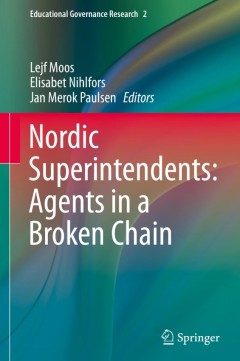
Nordic Superintendents: Agents in a Broken Chain
This book analyses the superintendent position and relations and shows how the well-known policy umbrella, the New Public Management (NPM), is being adapted to national contexts. School superintendents are civil servants at the heart of the governance of municipal education. Educational governance in the Nordic countries - Denmark, Finland, Norway and Sweden - is currently undergoing comprehens…
- Edition
- 1
- ISBN/ISSN
- 978-3-319-25104-2
- Collation
- XX, 334
- Series Title
- Educational Governance Research
- Call Number
- -
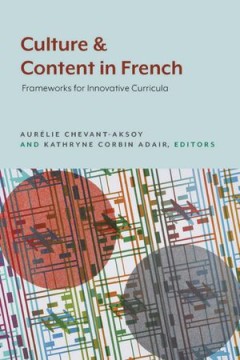
Culture and Content in French : Frameworks for Innovative Curricula
Instructors in today’s language classrooms face the challenge of preparing globally competent and socially responsible students with transcultural aptitude. As classroom content shifts toward communication, collaboration, and problem solving across cultural, racial, and linguistic boundaries, the teaching of culture is an integral part of foreign language education. This volume offers nontrad…
- Edition
- -
- ISBN/ISSN
- 9781643150260
- Collation
- -
- Series Title
- -
- Call Number
- 375 CHE c
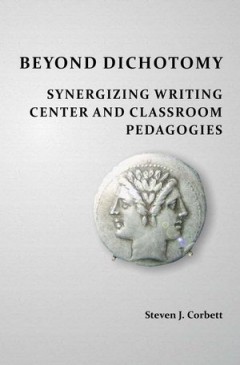
Beyond Dichotomy : Synergizing Writing Center and Classroom Pedagogies, Persp…
How closely can or should writing centers and writing classrooms collaborate? Beyond Dichotomy explores how research on peer tutoring one-to-one and in small groups can inform our work with students in writing centers and other tutoring programs, as well as in writing courses and classrooms. These multi-method (including rhetorical and discourse analyses and ethnographic and case-study) investi…
- Edition
- -
- ISBN/ISSN
- 9781602356313
- Collation
- -
- Series Title
- -
- Call Number
- 370 COR b
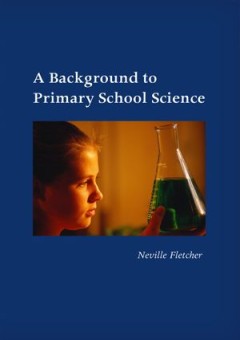
A Background to Primary School Science
The Australian Academy of Science has had a long standing interest in the provision of science education to Australian school students. Recognising that skills and attitudes in science are acquired at an early age, the Academy in 1994 launched a major program in science education at primary school level under the title Primary Investigations. Since science teachers at primary and lower secondar…
- Edition
- -
- ISBN/ISSN
- 9781921934056
- Collation
- -
- Series Title
- -
- Call Number
- 370 FLE b
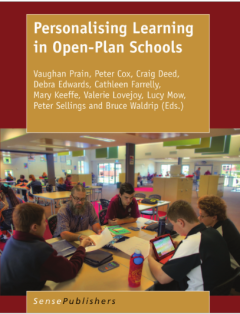
Personalising Learning in Open-Plan Schools
Kami telah belajar banyak dari penelitian kami tentang BEP tentang personalisasi pembelajaran. Dengan risiko menawarkan analogi reduktif, kami menganggap bahwa peran guru dalam pengaturan baru ini seperti menjadi instruktur mengemudi.Saat mengajar anak muda mengemudi, Anda tidak menghabiskan sebagian besar waktu di kursi pengemudi, membuat peserta didik menonton dan mendengarkan (meskipun persi…
- Edition
- -
- ISBN/ISSN
- 978-94-6300-193-9
- Collation
- -
- Series Title
- -
- Call Number
- 371.1 PRA p
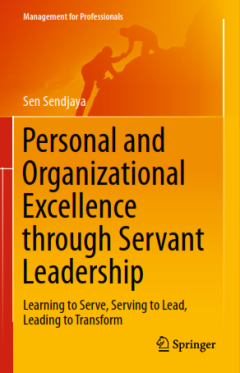
Personalising Learning in Open-Plan Schools
Kami telah belajar banyak dari penelitian kami tentang BEP tentang personalisasi pembelajaran. Dengan risiko menawarkan analogi reduktif, kami menganggap bahwa peran guru dalam pengaturan baru ini seperti menjadi instruktur mengemudi.Saat mengajar anak muda mengemudi, Anda tidak menghabiskan sebagian besar waktu di kursi pengemudi, membuat peserta didik menonton dan mendengarkan (meskipun persi…
- Edition
- -
- ISBN/ISSN
- 978-94-6300-193-9
- Collation
- -
- Series Title
- -
- Call Number
- 371.1 PRA p
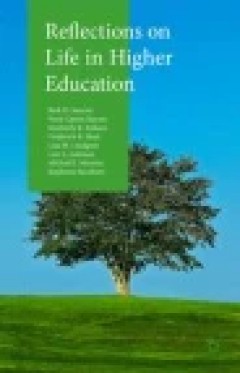
Reflections on Life in Higher Education
This book explores the challenges of an academic teaching career. The authors discuss the issues that may arise in the tenure process, scholarship activities, publishing, and providing service to their academic communities as well as how to keep teaching lessons relevant and fresh.
- Edition
- -
- ISBN/ISSN
- 978-1-137-56045-2
- Collation
- -
- Series Title
- -
- Call Number
- 378
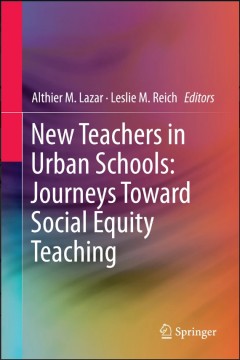
New Teachers in Urban Schools: Journeys Toward Social Equity Teaching
This volume informs the reader about new teachers in urban underserved schools and their development as teachers for social equity. The accounts of five novice teachers who grew up outside the communities in which they teach lead to chapters that contain advice for teacher educators, future and current teachers, and school leaders. These early career teachers learned much about bridging th…
- Edition
- 1
- ISBN/ISSN
- 978-3-319-79981-0
- Collation
- IX, 180
- Series Title
- -
- Call Number
- -
 Computer Science, Information & General Works
Computer Science, Information & General Works  Philosophy & Psychology
Philosophy & Psychology  Religion
Religion  Social Sciences
Social Sciences  Language
Language  Pure Science
Pure Science  Applied Sciences
Applied Sciences  Art & Recreation
Art & Recreation  Literature
Literature  History & Geography
History & Geography